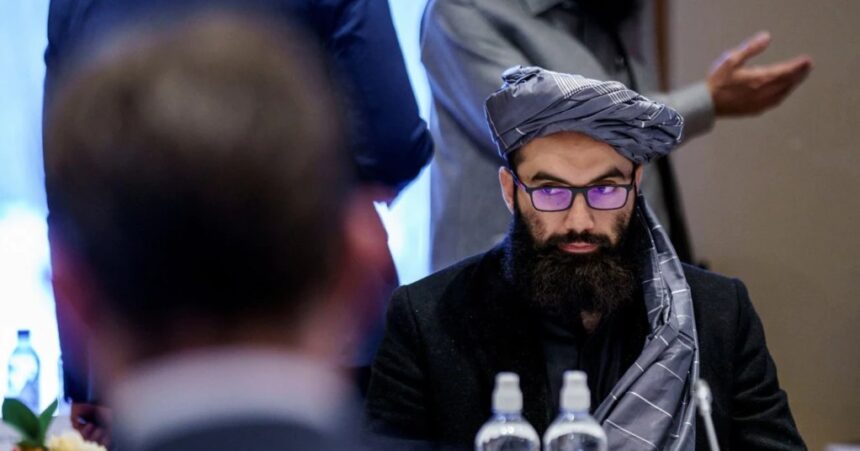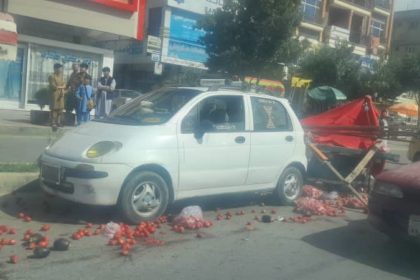RASC News Agency: Kamilia Entekhabifard, editor-in-chief of Independent Persian, reports: “Members of the Presidential Guard informed Bismillah Mohammadi that when some of these forces tried to prevent Ghani, Hamdullah Mohib, the National Security Advisor, and others from leaving the Arg towards the helicopter, Ghani’s trusted security forces threw bags of dollars at them to distract them, giving the President enough time to escape.”
She adds, “Thus, with the collusion and coordination of Ashraf Ghani and some of his close associates with the Haqqani network, not only were the people of Afghanistan and the world taken by surprise, but another group members of the main negotiators in Doha, who believed they were on the verge of seizing power and government, namely the Taliban faction affiliated with the Durrani ethnic group or the Kandaharis close to Hamid Karzai—were also left stunned.”
Ms. Entekhabifard emphasizes, “There is ample evidence that in the final years of Ghani’s administration, the conflict between the Ghilzai and Durrani factions had become quite overt. The rivalry between Karzai and Ghani was part of this intense ethnic power struggle. Despite Ghani’s initial rise to the presidency with Karzai’s support, Karzai later sought to undermine and overthrow Ghani. The plan to establish a transitional government headed by Karzai also stemmed from the power struggle among the dominant Pashtun tribes in Afghanistan.”
She notes that these two powerful tribes, the Durrani and the Ghilzai, have long been rivals, with their struggle for power being a significant part of Afghanistan’s political history. In their quest for powerful allies, the Ghilzais aligned themselves more closely with Pakistan, which has greater affinity with them (Pakistan’s current Prime Minister, Imran Khan, is also a Ghilzai), while Durrani politicians gravitated towards Qatar, which, with its considerable wealth, has recently played a significant role in regional political dealings.
Hassan Abbas, a university professor in the United States, also discusses Ghani’s collusion with Sirajuddin Haqqani, the leader of the Haqqani network, in his recently published book.






